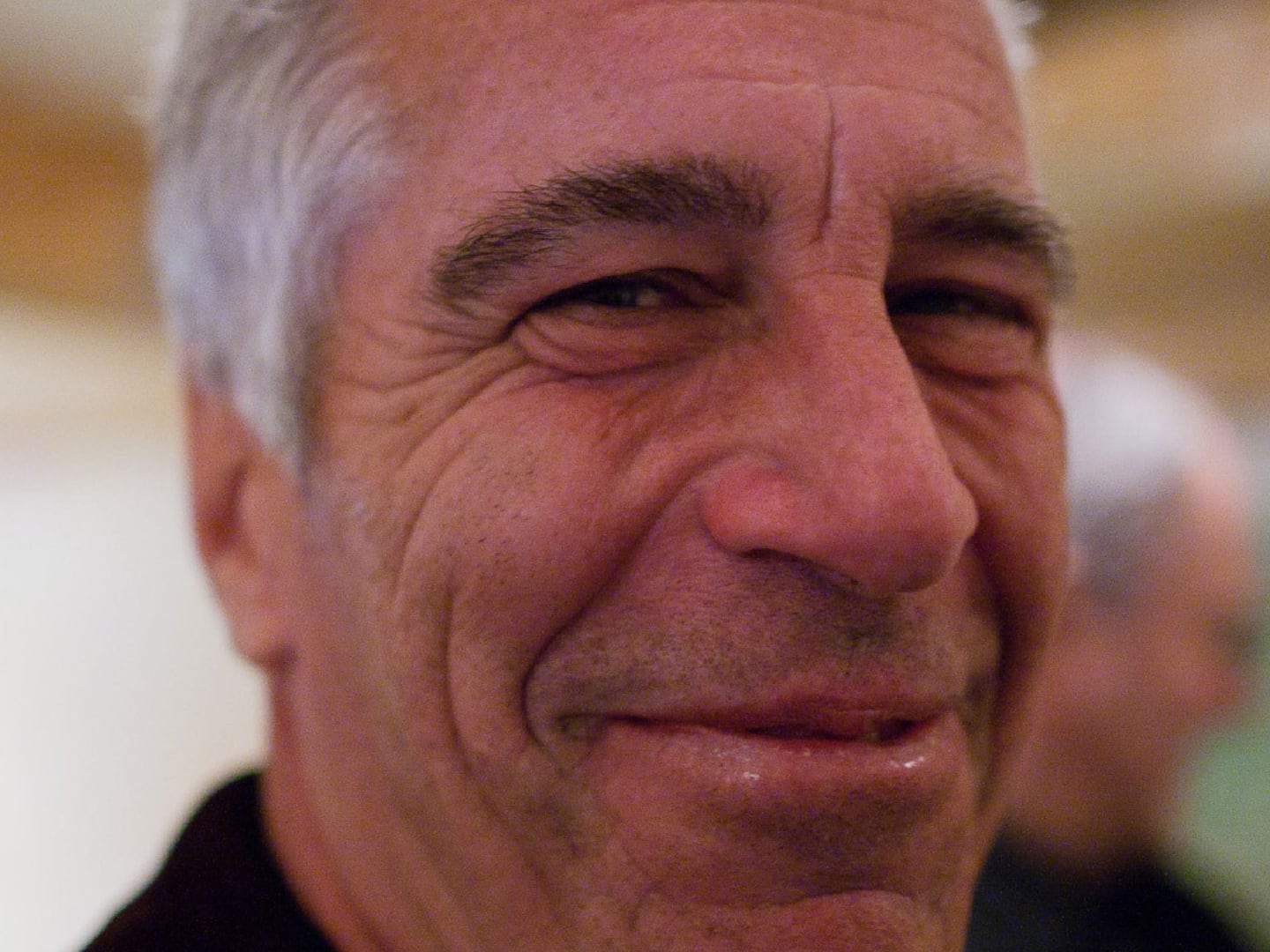Imagine a world in which We the People starred in a tent-pole summer blockbuster. We all know the tagline we’d get: “They needed a hero to worship. And they’d stop at nothing to get one.”
Or so you might imagine, given the ritualistic war of words that now surrounds Selma and American Sniper. If the cacophony is to be believed, we are in danger of making too big a hero, or one not big enough, out of Martin Luther King, Jr. We are either papering over Chris Kyle’s shameful complicity in a bloody and unjust war, or we are disgracing ourselves by denouncing his valorous patriotism (Kyle, a Navy SEAL with 160 confirmed kills in Iraq who died in 2013, is the basis for the hero of Sniper). Despite their great differences, King and Kyle have proven that we share a longing for great heroes even when we share so little else.
Hence our present predicament. If we grant that our heroes aren’t beyond reproach, we give aid and comfort to our cultural enemies. But if we pretend that our heroes are superheroes—creatures without the characteristics that make us truly human—we find ourselves starved for real-life inspiration.
That’s why it’s so important to reflect on what King and Kyle had in common. When we do, we’ll discover that instead of perfecting heroism, politics more reliably perverts it.
To begin with, the heroism that people detect in King and Kyle is rooted in their relationship with mortality. Unlike we ordinary folk, heroes have a remarkable intimacy with death. Even in the past, when death was a much more accepted (and common) part of life than it is today, heroes were known and celebrated for the way their remarkable deeds were carried out in the face of bodily destruction. Often, the price of their deeds was their blood—a fact that did not deter them.
But we need to reflect that courage in the face of death isn’t what actually makes an American hero, if our appreciation for King and Kyle is to be taken seriously. Rather than risking their lives in pitched warfare, both cultivated a deeply Christian consciousness of the significance of our mortality. Neither comprehended the stakes of human life and death in secular terms. More than a context for their momentous choices about how to live, their Christianity provided certitude about their rectitude.
If we want to understand their heroism, however, we can’t stop there. King and Kyle were not saints. They were not simple people, and they did not find themselves in simple circumstances. Their conviction did not make them into spiritual snobs. Instead, it made them well aware of their own moral ambiguity, and that of the fraught situations they placed themselves in. That’s how their personal choices could transform them into public exemplars, no matter how at odds with public opinion they became.
King and Kyle had political beliefs—unpopular ones, which today’s critics suppose makes them somehow less than eligible for hero status. King was no communist, but his politics placed him at least as far outside today’s mainstream as Kyle’s did in the other direction. King thought that social democracy was a political necessity. Kyle thought that stamping out savagery was. Although both these propositions are a poor fit for most Americans, they don’t undo King’s or Kyle’s heroism—a point plenty of Americans do seem to grasp.
The critics, unfortunately, fail to understand that heroism shines brightest amid moral ambiguity. We don’t thrill to people like King and Kyle because they are easy to cheer for in a self-satisfied way. They enthrall us because they are hard to celebrate in the uncritical, sometimes unthinking way that politics characteristically demands.
When it comes to their claim to heroism, King’s and Kyle’s religious faith matters because it reminds us to curb our political enthusiasm for hero-worship. Their Christianity fueled their respective types of greatness—but, even more, it restrained them in ways that are hard to detect from the standpoint of politics. They did not idolize mere mortals, and they did not seek to be idolized. King mobilized masses. Kyle chose whether his targets lived or died. Neither mistook themselves for gods.
In our political culture, that achievement counts for too little. Our culture war demands that we worship our team’s heroes. Linger too long on their imperfections, agonies, and failures, and you’re accused of being an enemy agent. As if the harder we worshipped our heroes, the more that we injured our foes. That’s not the way politics—or greatness—works.
It’s a hard lesson: Every time we try to use politics to satisfy our longing for unity, we’re let down—often bitterly, sometimes disastrously. Not even the most charismatic and inclusive of team heroes can mystically unite all Americans. Not even their martyrdom can do that. After a moment of intense fellow feeling, reality reasserts itself, and team identity along with it.
We’re stuck with politics, almost as much as we’re stuck with ourselves and stuck with one another. To fear getting political is to invite everything to become political. King, a very public preacher, would not keep his convictions safely within the confines of his own conscience. Kyle, even in his sniper’s solitude, would not let the hypocrisies and brutalities of war drive him from the life of a warrior. Both men could have been sucked into failure and disrepute. They acted anyway.
But in acting, they also put themselves in a remarkably passive position. They placed themselves at the mercy of public opinion, King on a daily basis and Kyle through the cocky and provocative memoir he published after his years of service.
In the opening scenes of another movie about death and heroism—The Man Who Shot Liberty Valance—a newspaperman confronts Senator Ransom Stoddard, renowned as the killer of the outlaw Valance. Sen. Stoddard has a secret, and the journalist insists he has a right to print the truth. The film unfolds as Stoddard confesses: not he, but a lone gunslinger named Doniphan shot Liberty Valance. Stoddard’s heroism arose from a myth. By the end, our newspaperman changes his tune. He doesn’t want the truth at all. “When the legend becomes fact,” he cries, “print the legend!”
Bad journalism; expert politics. The way art should treat heroism is extra tricky: it must fictionalize without idolizing. Selma and American Sniper manage that feat. Surely we can keep our taste for heroes without losing our taste for the facts.




